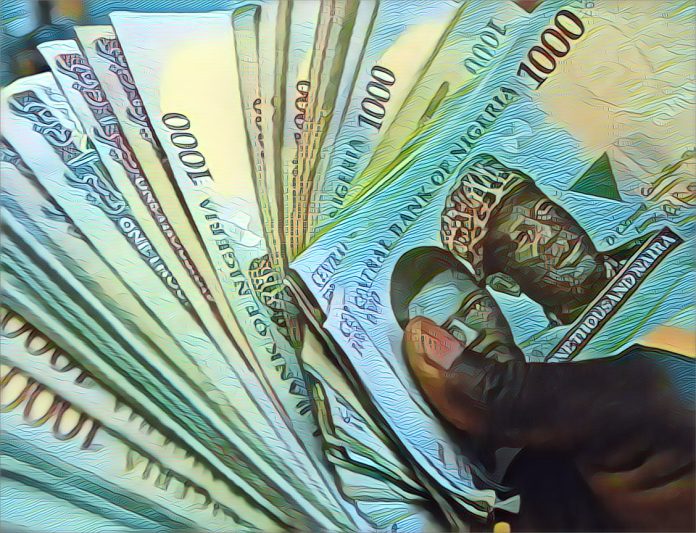The Nigerian naira tumbled to a record low of 1,600 against the U.S. dollar this Thursday, signaling ongoing economic difficulties within the country under the administration of President Bola Tinubu. This latest depreciation, as reported by Aboki Forex, marks a significant downturn in the country’s financial stability, despite interventions by the Central Bank of Nigeria (CBN) aimed at arresting the naira’s decline.
Since Tinubu’s inauguration in May, the naira has faced an accelerated decline, particularly after the government decided to float the currency in an effort to consolidate the foreign exchange market. This policy has led to a rapid devaluation, with the naira reaching a historic low of 1,000 to the dollar in the parallel market last September, drawing attention to the administration’s difficulties in managing the currency amid rising inflation.
The Association of Nigerian Licensed Customs Agents (ANLCA) reported in July that the floating of the naira had negatively impacted vehicle importation, signaling wider repercussions for the nation’s trade and commerce sectors.
Data from Naira Rates showed the currency’s value continued to slide, falling to 1,520.123 to a dollar by Jan. 31, and marking a significant depreciation from 1,482.75 per dollar in the official foreign exchange market just a day before. This depreciation was a historical moment, as it was the first instance post-COVID-19 where the official exchange rate surpassed the parallel market rate, which was N1,470 per dollar.
President Tinubu’s sweeping economic policies, including the scrapping of fuel subsidies and the unification of foreign exchange rates through the Importer and Exporter (I&E) window, have contributed to the naira’s depreciation. According to a report by Price Water Coopers (PwC), these measures have led to a nearly 98% devaluation of the currency, though they were initially introduced to attract foreign investment and stimulate the economy.
Despite the adverse effects of these policies, including inflation and reduced purchasing power, the Tinubu administration views them as necessary steps to reduce the government’s financial burden and promote a market-driven economy. The removal of petrol subsidies, for example, has been contentious but is seen as part of a broader strategy to streamline government expenditures.
As the naira’s value continues to decline, there is growing concern over the long-term impact of the government’s economic strategies on the country’s inflation, purchasing power, and overall economic stability. The focus remains on President Tinubu’s forthcoming measures and whether his administration can guide the country toward recovery and growth amid these challenges. Industry leaders and citizens alike are eager for effective solutions that will stabilize the naira and restore confidence in Nigeria’s economic policies.



